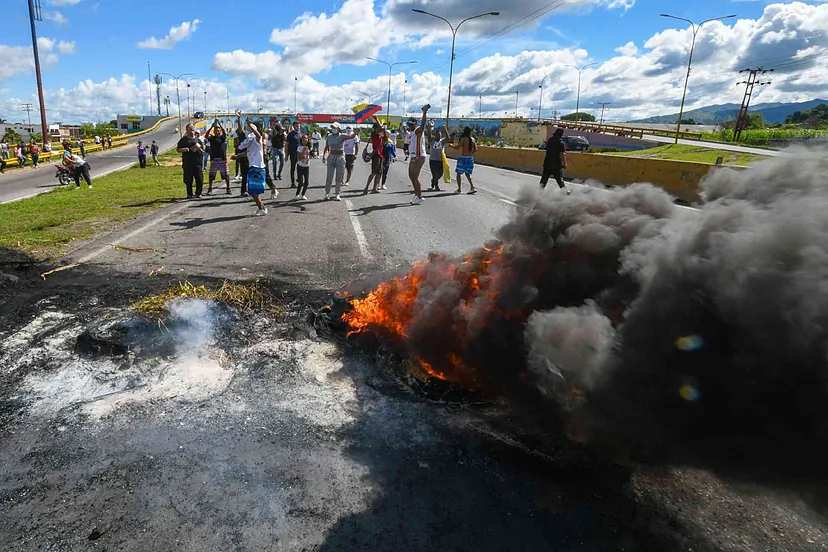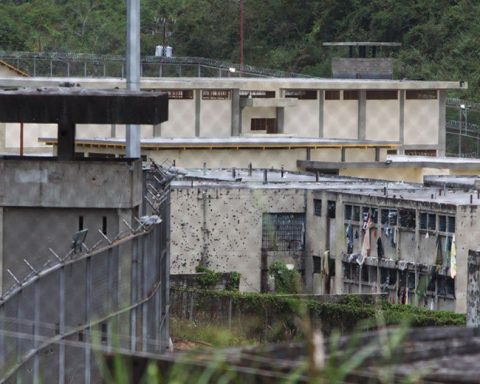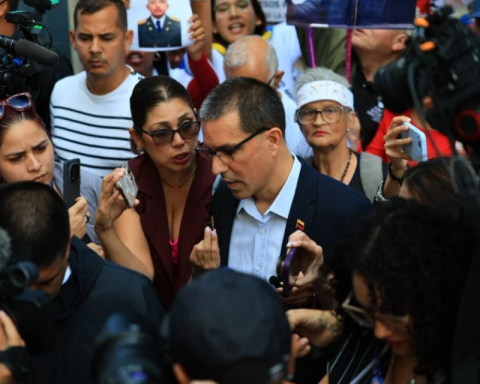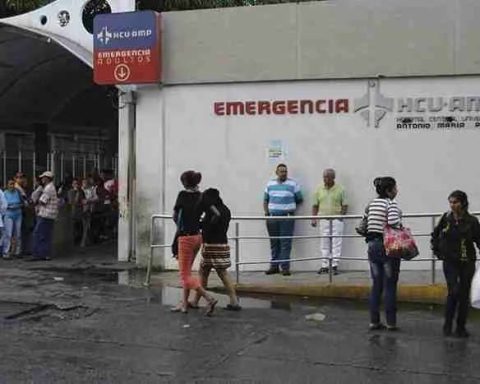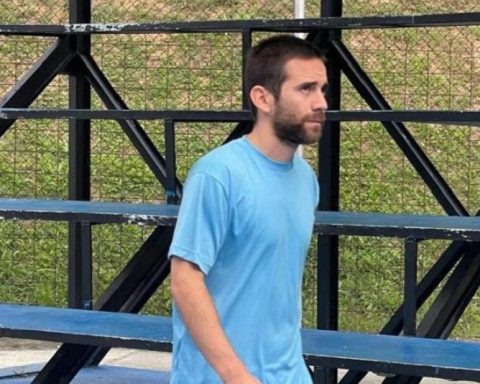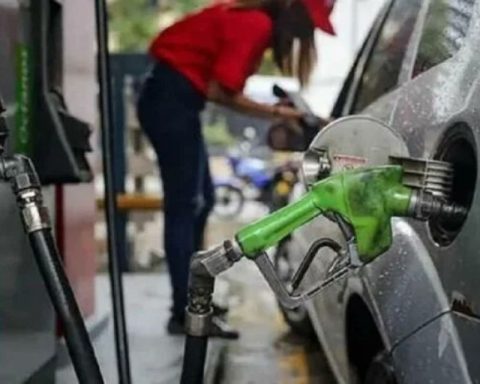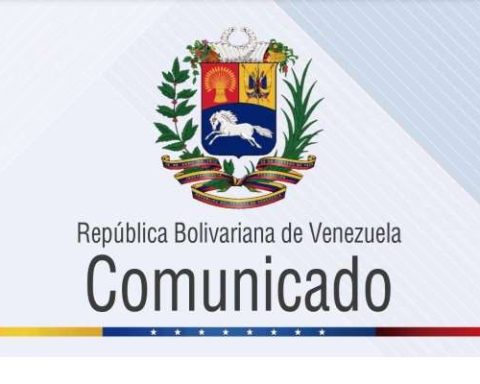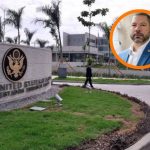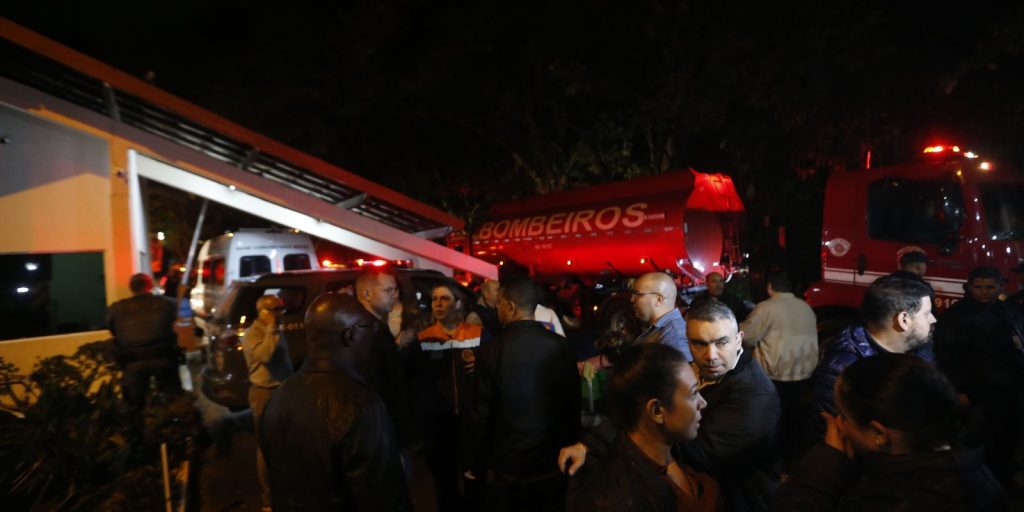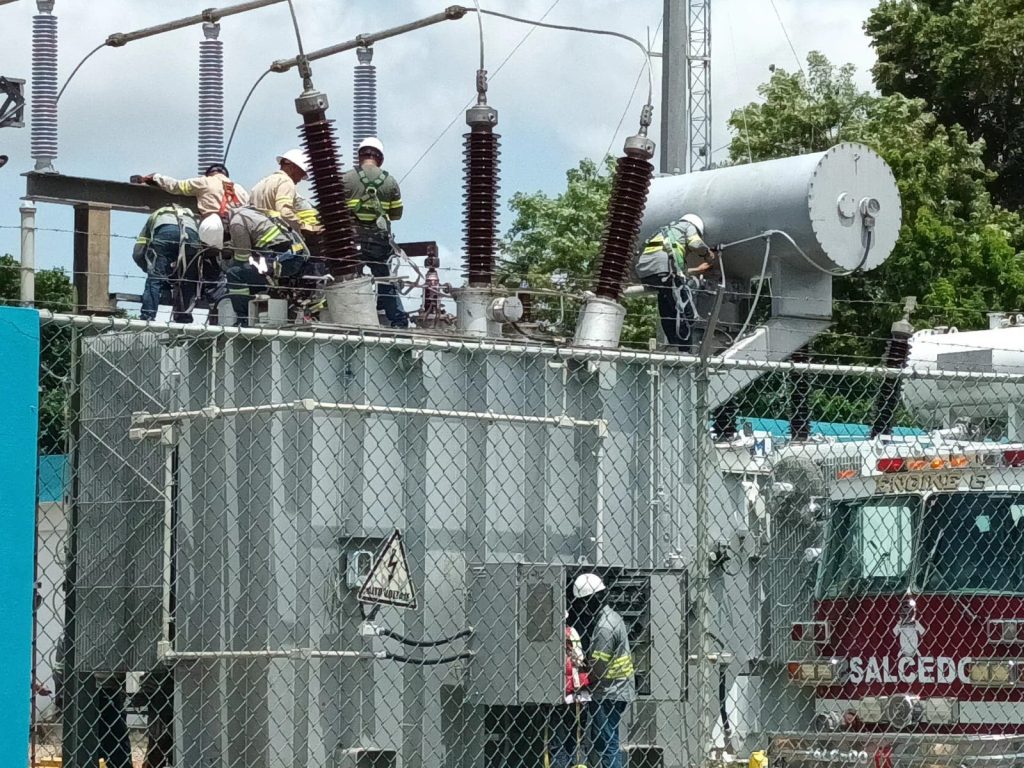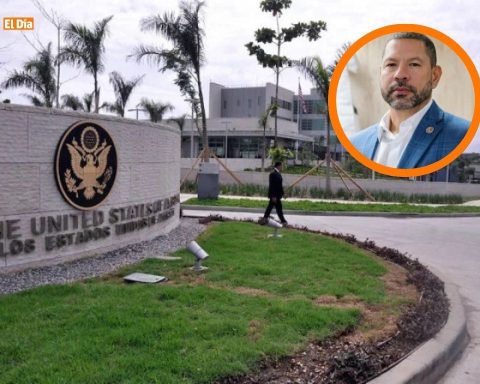Beginning in the early hours of July 29 and in the days that followed, Venezuela once again experienced the climate of post-election violence that occurred in April 2013, following the electoral victory of Nicolás Maduro as President of the Republic, and the call to the population by the then loser, Henrique Capriles Radonski, to “vent their anger” with violent actions in the streets of the country.
This situation was accompanied by a media campaign that sought to have a psychological effect on the population, as has been repeated in 2024, now through the use of different social networks and technological platforms.
The effects of this campaign, as in the past decade, have been manifested in an increase in the population of feelings such as anger, hatred and above all the loss of rationality in the face of reality.
Moral destruction
Psychology graduate Ovilia Suárez stated that psychological operations used by right-wing forces in the country promote the destruction of a country’s moral and spiritual life.
Suárez, who has participated in forums and discussions on the subject over the past week, said that the purpose of these actions is “the destruction of the moral and spiritual life of one nation by the will of another.”
The expert warned that the psychological operations presented in recent days aim to “significantly modify the political, moral and psychological state of the general population and of the Bolivarian National Armed Forces in particular, in addition to generating doubts and confusion.”
Suárez defined psychological warfare as “the planned use of propaganda and other psychological actions with the primary purpose of influencing the opinions, emotions, attitudes and behaviors of groups considered hostile in support of the achievement of internationally established objectives.”
He stressed that the effects of the so-called wounds of war generate uncertainty, anger, hatred, distrust, frustrated coexistence, sadness, frustration, among others.
The specialist also stated that vengeful violence is found in the destabilizing scenarios of the so-called “comanditos” (command groups), promoted by the extreme right, after the results of the presidential elections of July 28 were known.
“Vengeful violence is present in individuals and in groups. It has a more irrational character,” he said.
Hybrid Warfare
Fernando Giuliani, a social psychologist, went further and referred to what is called “hybrid warfare,” which, in his opinion, is a concept that takes a long time to be understood.
He considered that psychological operations are part of unconventional warfare, a type of conflict that – he said – generates instability to make a nation ungovernable and create chaos in it.
For Giuliani, unconventional and hybrid warfare rely on psychological warfare, generating effects such as: fractured coexistence; loss of hope and psychological exhaustion, where the affected person no longer reasons.
He explained that these operations operate without rules or scruples, and have no ethical code. “They rely on a media bombardment and misinformation,” he said.
Uncertainty, frustration, anxiety, fear, anger and hatred are emotions or feelings that arise with the arrival of this attack, according to Giuliani, who also said that to face this situation, it is necessary to trust in the essence of the country and the people. “Confidence in what we are and in what we are doing,” said the expert.
Chronology
- 2013. After losing the presidential election, Henrique Capriles Radonski claimed that he had been “robbed” and urged the people who voted for him, with an incendiary speech, to “unload their anger” on the streets, which gave rise to a state of anger rarely seen in the electoral arena, resulting in injuries, clashes and destruction of public buildings.
- 2024. The slogan “until the end,” reiterated in María Corina Machado’s speech, paved the way for the opposition to cry “fraud” in the process on Sunday, July 28 and go out again to “set fire” to the streets.
We are slowly returning to normality
Yadira Hidalgo, a psychologist specializing in psychological counseling, believes that one of the essential elements that has contributed to violence in some sectors of the population is that, before and during the last electoral processes, especially the presidential ones, a triumphalist expectation has been created in opposition voters, creating the thesis that “we are going to win.”
He added that, in the case of the opposition, “it has been reiterated that, even though they know they are going to lose, that they have not done enough to get voters to vote for them, they create a feeling of triumph in them and then make them feel that they were cheated, that they were tricked.”
This, he said, has generated high levels of hatred, rage and anger so great that it has led to violence.
Hidalgo said that this situation could be clearly observed even in chats between families, friends, condominiums and similar groups.
“It is impressive to see how a person transforms behind a keyboard, and there is an explanation for that: distance and anonymity often cause negative passions to be unleashed in people.”
The specialist stated that what is happening is very similar to what happened in 2013 and in this regard she referred to her own experience, since on that occasion she was the president of a table in an electoral center in the state of Miranda, where Henrique Capriles Radonski even won.
However, he said, the attitude of some opposition members of the polling station and some voters present at the centre, which was very civil and cordial in the first part of the day, changed as soon as they found out that the then candidate Nicolás Maduro was ahead in the voting.
The atmosphere is changing. Hidalgo said that in recent days the country is returning to normal and that -he said- “is noticeable in the streets and in the shops.”
“He said that “people have felt that violent acts on the street have diminished their chances of working and therefore of earning money,” although – he warned – digital platforms “have the resources to reverse that.”
They promote a climate of confrontation
Science and Technology Minister Gabriela Jiménez said that the media and social networks have been the main channels used by the United States to promote violent actions in the country.
“The United States has used its influence in the international media to spread a negative image of Venezuela. Smear campaigns have been created that seek to isolate the country and create a hostile climate in the international community towards us,” said the minister.
He added that these actions are carried out using psychological operations and warfare, as well as cognitive warfare. These are permanent actions that are part of the tradition of war, confrontation and neocolonization of the United States, as the central pillar of its foreign policy, which involves the special financing of bellicose actions to destabilize Venezuela.
He said that psychological operations are carried out continuously to the detriment of Venezuelan society; these include the dissemination of biased information and propaganda, the imposition of economic sanctions, support for opposition groups and the promotion of a climate of political confrontation, promotion of hatred, violence, murder for hire and terrorism, generating sources of destructiveness.
